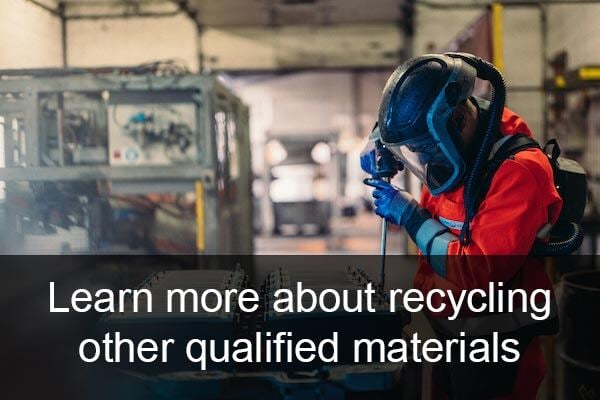In the biotechnology sector, innovation extends beyond medical discoveries to include approaches for managing environmental impact. For example, non-hazardous supplies and containers, like the plastic boxes used to hold pipettes, are a common element in any lab space. But what happens to these supplies after they are used?
Traditionally, much of this material has ended up in landfills, contributing to broader waste management issues. But a recent partnership in Massachusetts aims to address the challenge of plastic waste management in laboratories. This blog examines this collaborative effort and its potential implications for sustainability in the biotech industry.
The Challenge: Managing Plastic Waste in Biotech
Biotechnology laboratories produce a considerable amount of plastic waste, including in the form of tip boxes and media bottles. According to research from the University of Exeter, UK, approximately 5.5 million tons of plastics are disposed of from biotechnology laboratories each year, and that number is only expected to grow.
Unfortunately, most recycling facilities don’t take lab plastics out of an abundance of caution. In many cases, even when lab plastics are sent to recycling facilities, the materials are immediately discarded due to contamination concerns. As industries face increasing pressure to reduce their environmental footprint though, finding alternative solutions for lab plastics has become an important consideration.

A Local Approach: Collaboration for Recycling
In Massachusetts, where biotech makes up 3.7% of the state’s entire workforce, a partnership between Veolia North America, biotech association MassBio and startup GreenLabs Recycling is piloting a new approach to this challenge. Their collaboration has resulted in a local solution for recycling lab plastics within a 60-mile radius of Boston.
The project involves several interconnected steps to create a circular approach to reusing lab plastics. First, lab plastics are collected and consolidated at Veolia’s medical waste processing center, which makes it easy for Veolia customers and helps streamline transportation. These plastics then undergo a recycling process where they are separated, granulated and prepared for manufacturing. The recycled plastic is used to create tips transfer bins, which can then be utilized in local laboratories, many of which provided the initial plastics.
Creating a localized recycling program for lab plastics in Massachusetts offers several advantages for participants, including:
- Transportation: By keeping the process of transporting these plastics from labs to a facility within 60 miles of Boston, there’s significant savings in cost and emissions compared to shipping the materials out of state.
- Circular Economy: Recycling these used plastics helps keep these materials out of landfills, and lowers our reliance on creating new plastics for lab supplies.
- Transparency: For lab employees, they can see the results of their participation in this program through the recycled products. This creates a sense of pride that they are making a small effort in their daily tasks to optimize resource use and reduce waste in landfills.
- Community Support: The local focus may support businesses and job creation within the community.

Considerations for Other Industries
While this partnership is specific to the biotech sector, some of its principles might be applicable to other industries facing similar waste management challenges. By looking for ways to repurpose waste within the industry, we create a more sustainable and circular system. For example, non-hazardous industrial waste like single use containers, plastics or cardboard boxes can be decontaminated and broken down into basic materials to be reused either in a similar fashion, or in some cases, as an alternative to fuel in cement production.
However, doing this in house isn’t always feasible, so partnering with an organization that drives innovation can help your industry be more sustainable. Finding ways to recycle non-hazardous materials you use in your daily work is an easy first step to reducing waste and supporting your environmental goals.
The GreenLabs project offers an example of how partnerships can lead to practical approaches to sustainability. As the initiative progresses, it will influence waste management practices in biotech laboratories and potentially inspire similar efforts in other industries.


